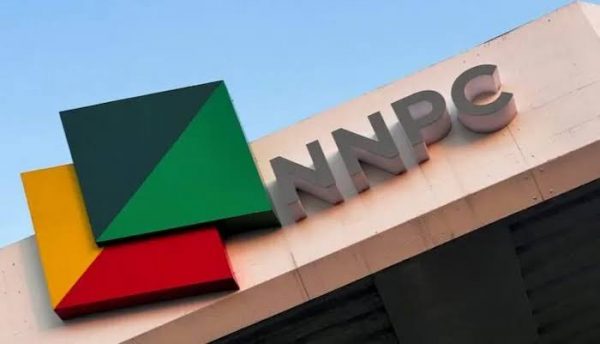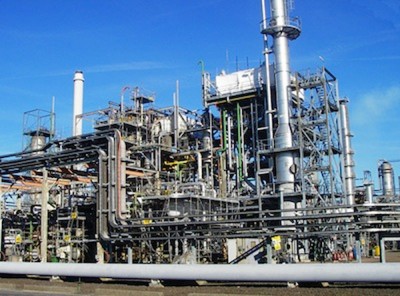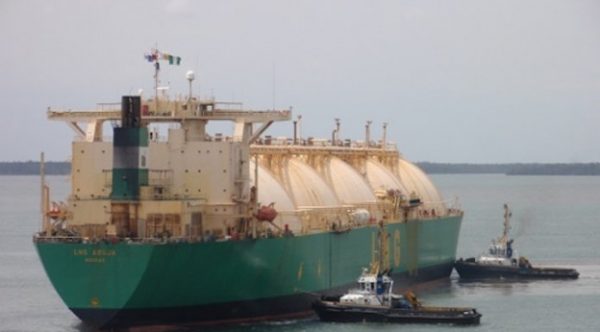Cash call: Nigeria gets $1.7bn discount from IOCs

International oil companies operating in the country have discounted $1.7bn off Nigeria’s $6.8bn cash call Joint Venture debts that accrued over the past six years, the Minister of State for Petroleum Resources, Dr. Ibe Kachikwu, has said.
According to him, the balance of $5.1bn owed the IOCs by the Federal Government through the Nigerian National Petroleum Corporation will be repaid over a period of five years, although he did not state when the repayment would commence.
Kachikwu stated that the discount and the repayment timelines were part of concessions that Nigeria got during meetings with Shell, Exxon, Eni, Chevron and Total to liquidate the debt.
Speaking on the sidelines of the inaugural meeting of the National Council on Hydrocarbon in Abuja, the minister noted that the payment would be made from incremental oil production, adding that it would not affect the country’s budget production benchmark of 2.2 million barrels per day.
He said, “The first concession obviously is the fact that the country got a discount of $1.7bn and that is going to be paid over a period of five years. And it will be paid from incremental volume of production; and so, we are not lynching into our 2.2 million bpd to be able to pay for that.
“I think literally when you look at it, it almost translates into fiscals of N8bn in savings for the government, which is very good.”
On the current oil production following reports of recent disruptions in the Niger Delta, Kachikwu said, “We are still not where we should be. These days, I am almost cautious of giving figures so that I don’t attract attention unnecessarily; but obviously, the Forcados incident did impact us, but my guess is that we are moving closer to 1.9 million bpd at this point.”
The minister explained that President Muhammadu Buhari had approved the formation of the National Council on Hydrocarbon and that its role would be advisory.
He said, “It is a fact and ideas gathering team, and so, everybody present their opinions, the military, traditional rulers and stakeholders, who will contribute ideas to the hydrocarbon council.”








